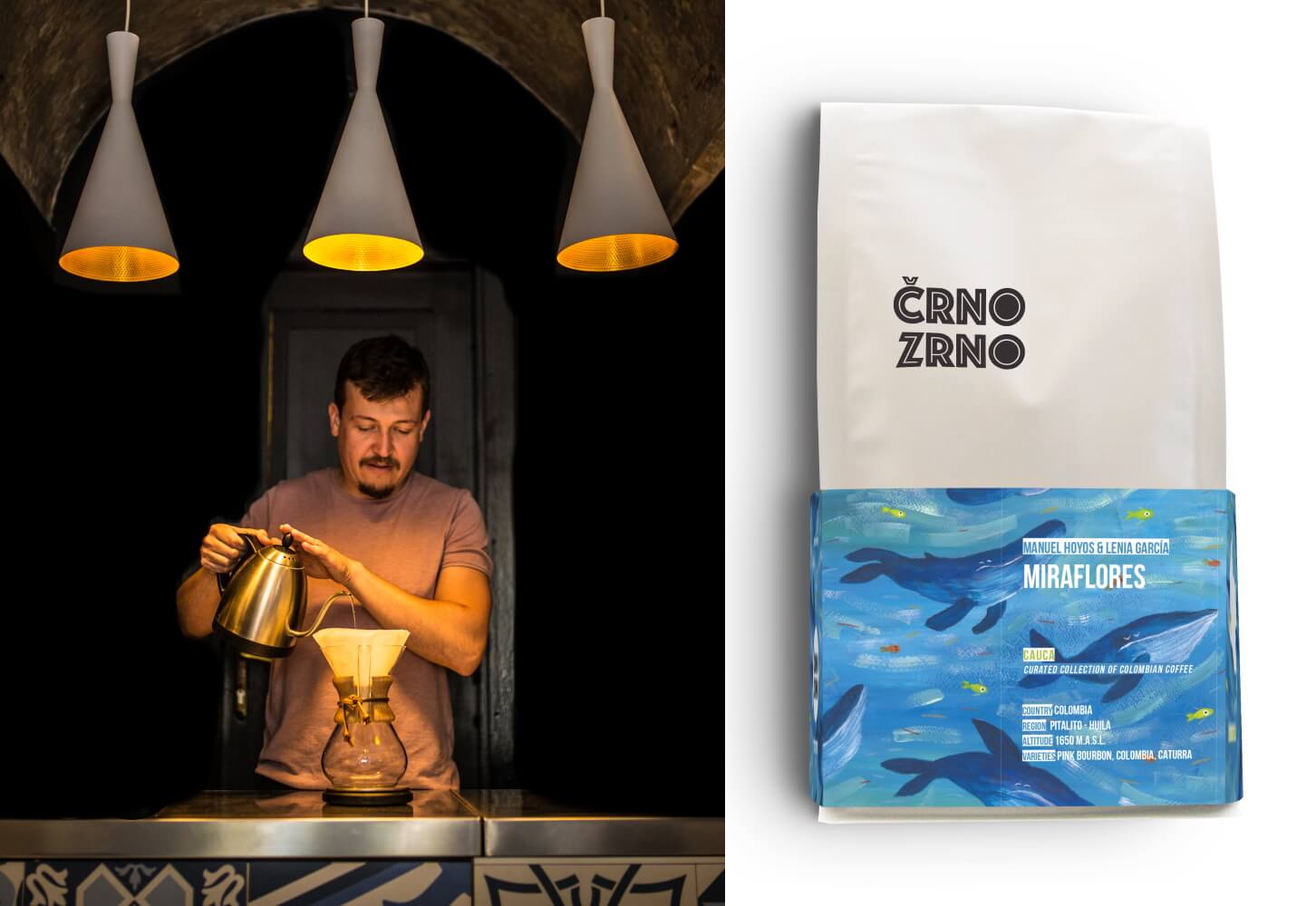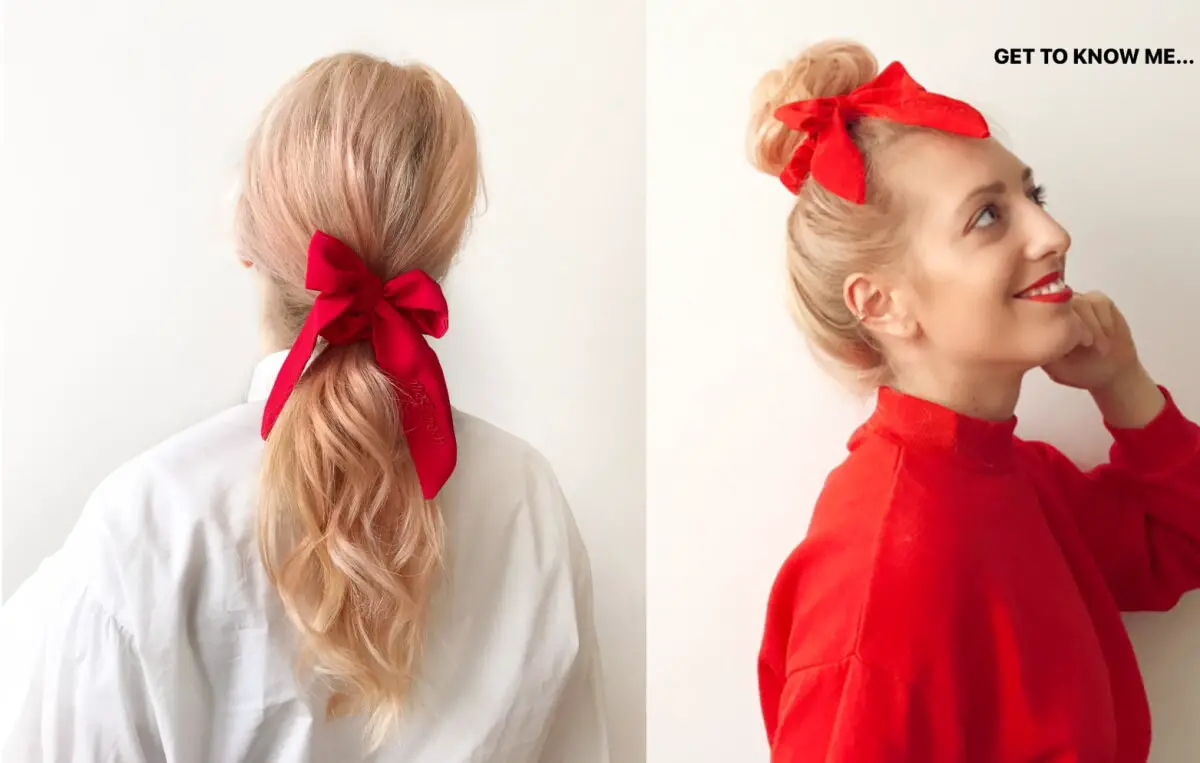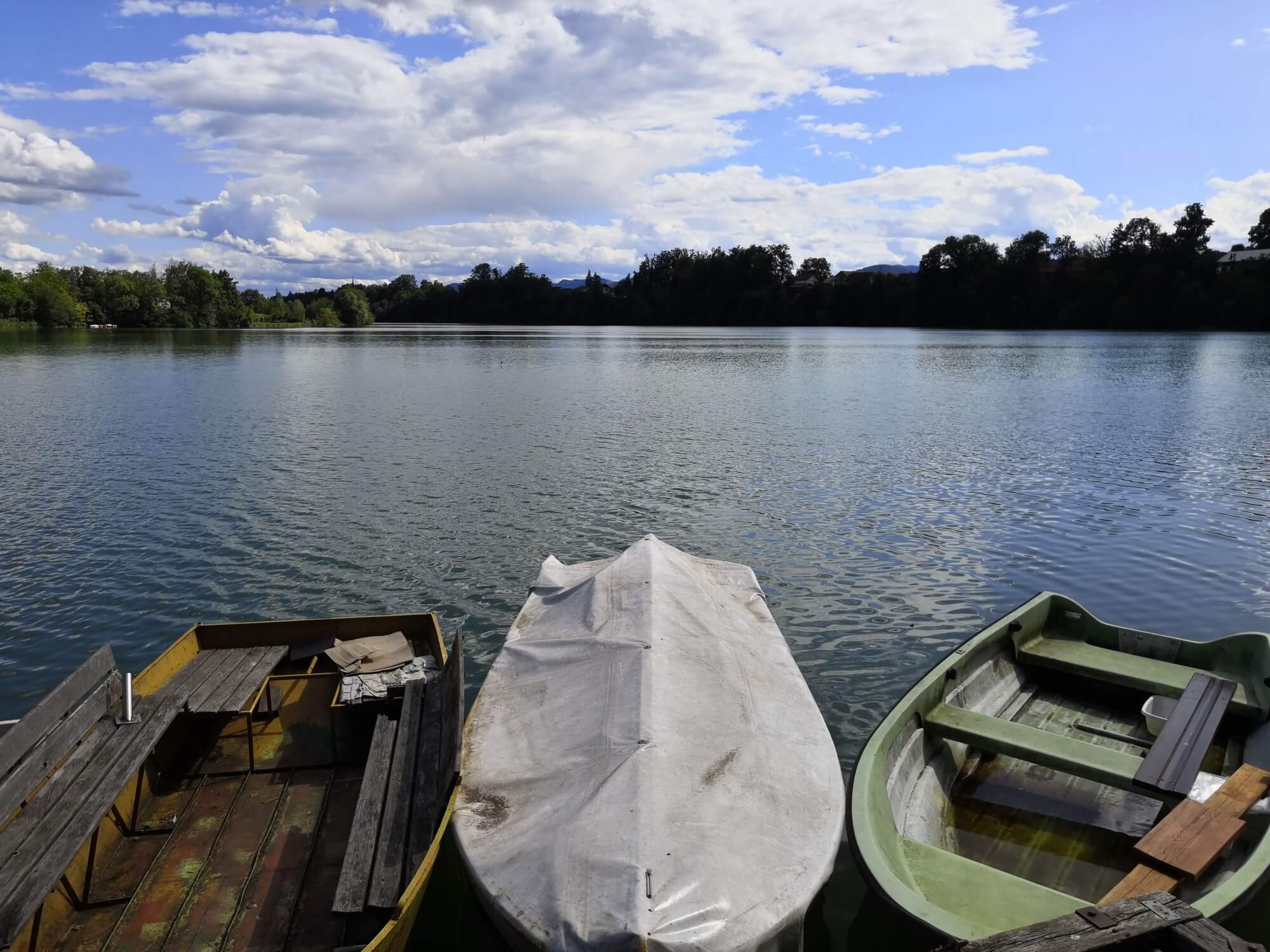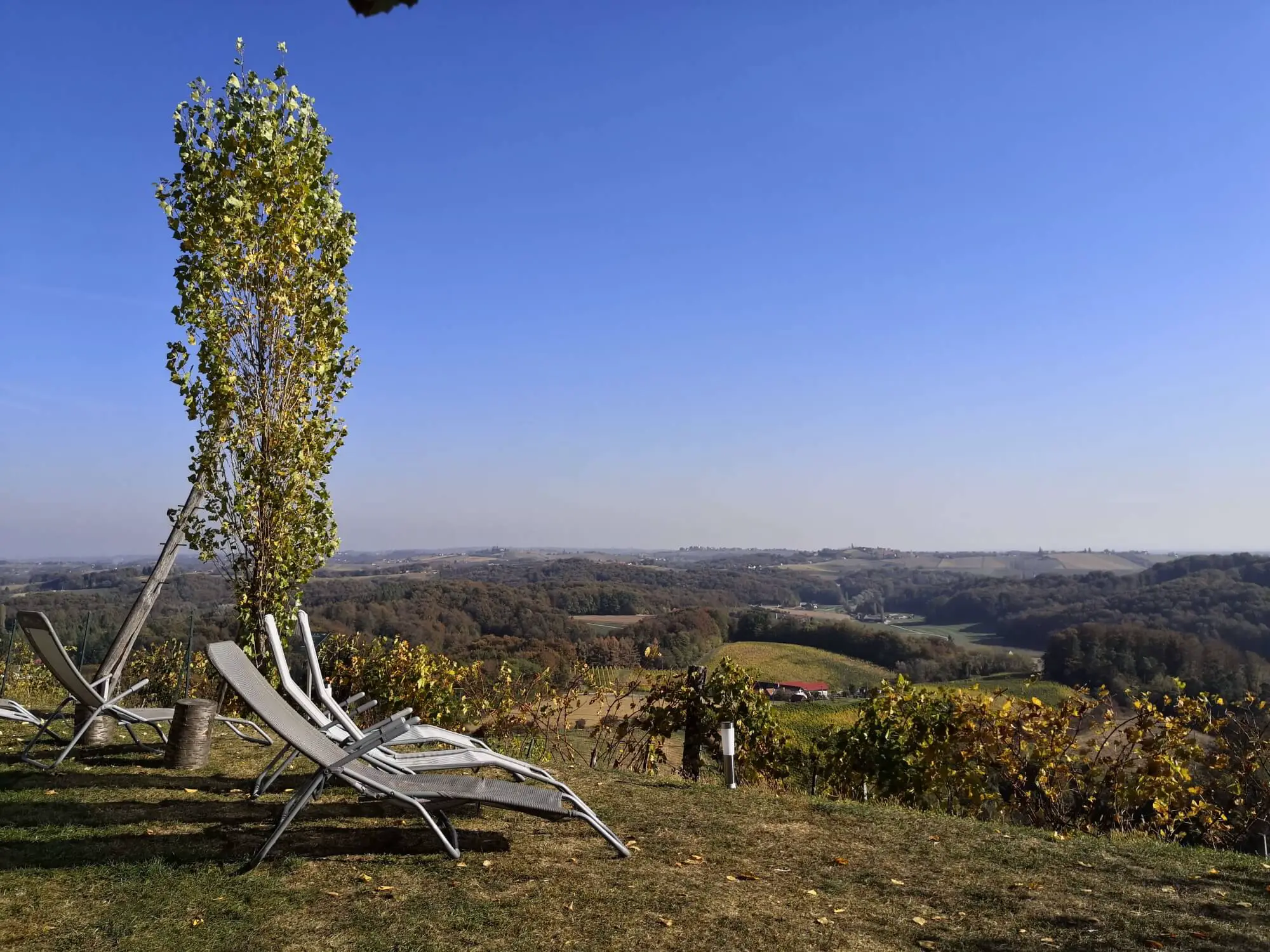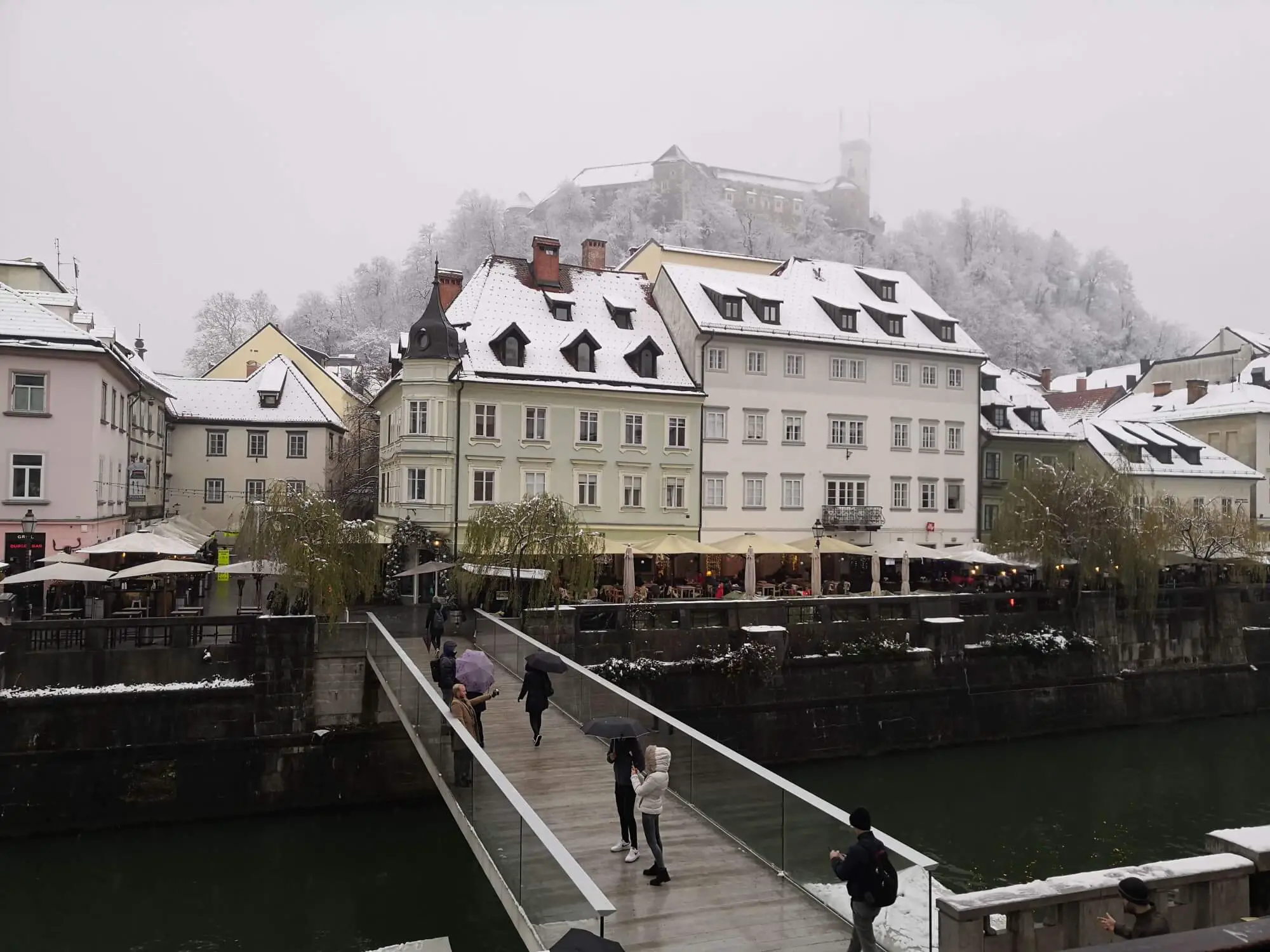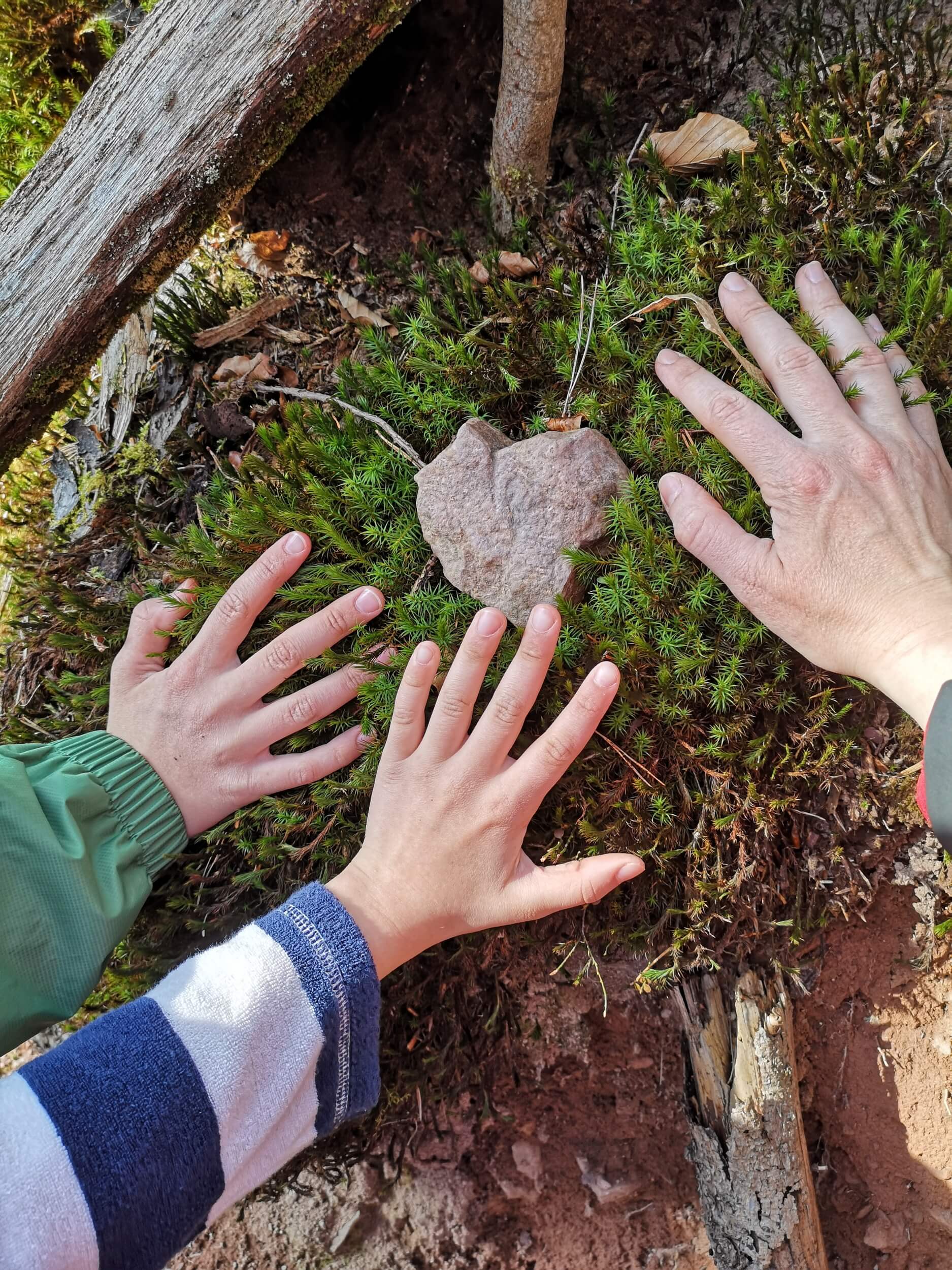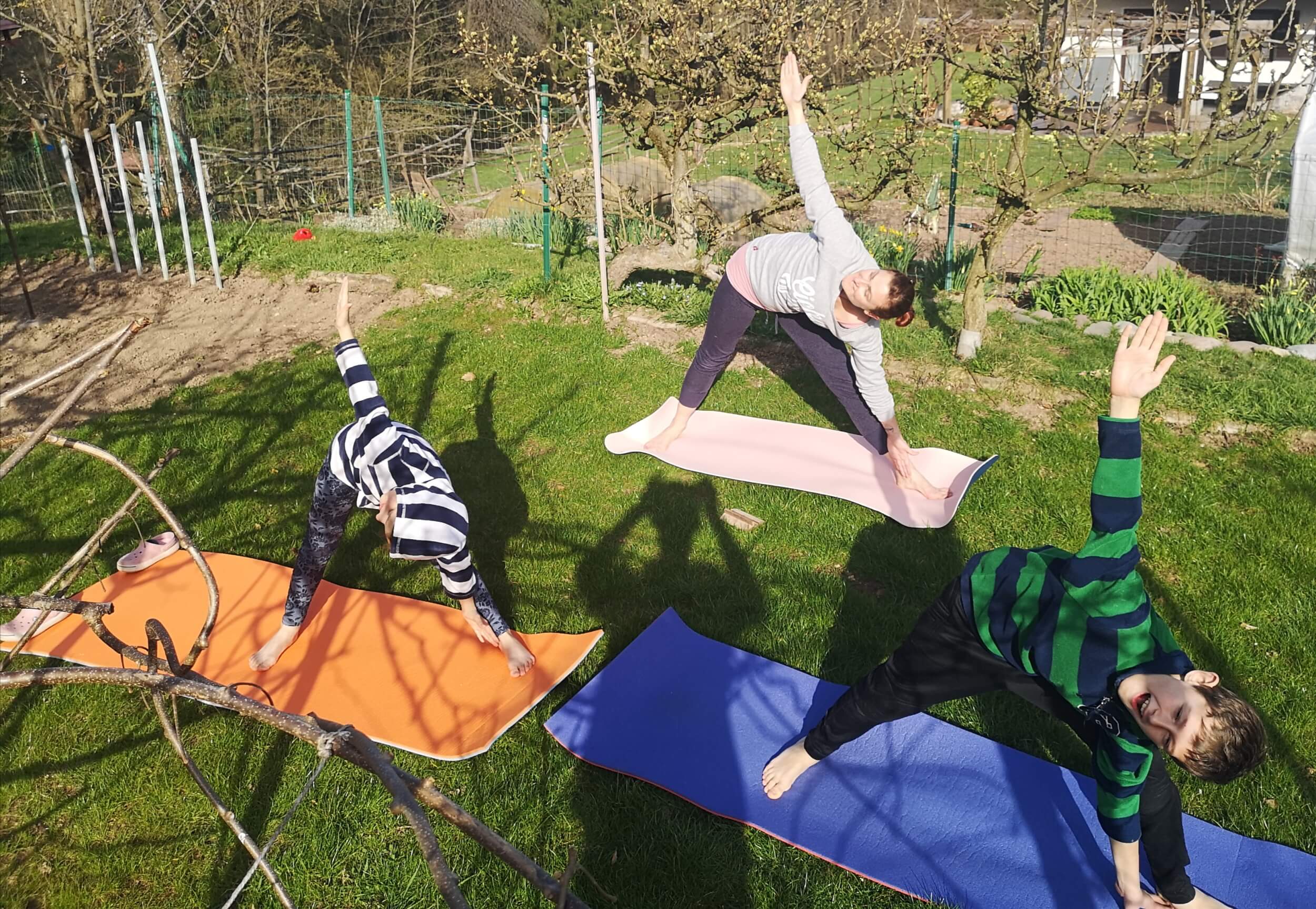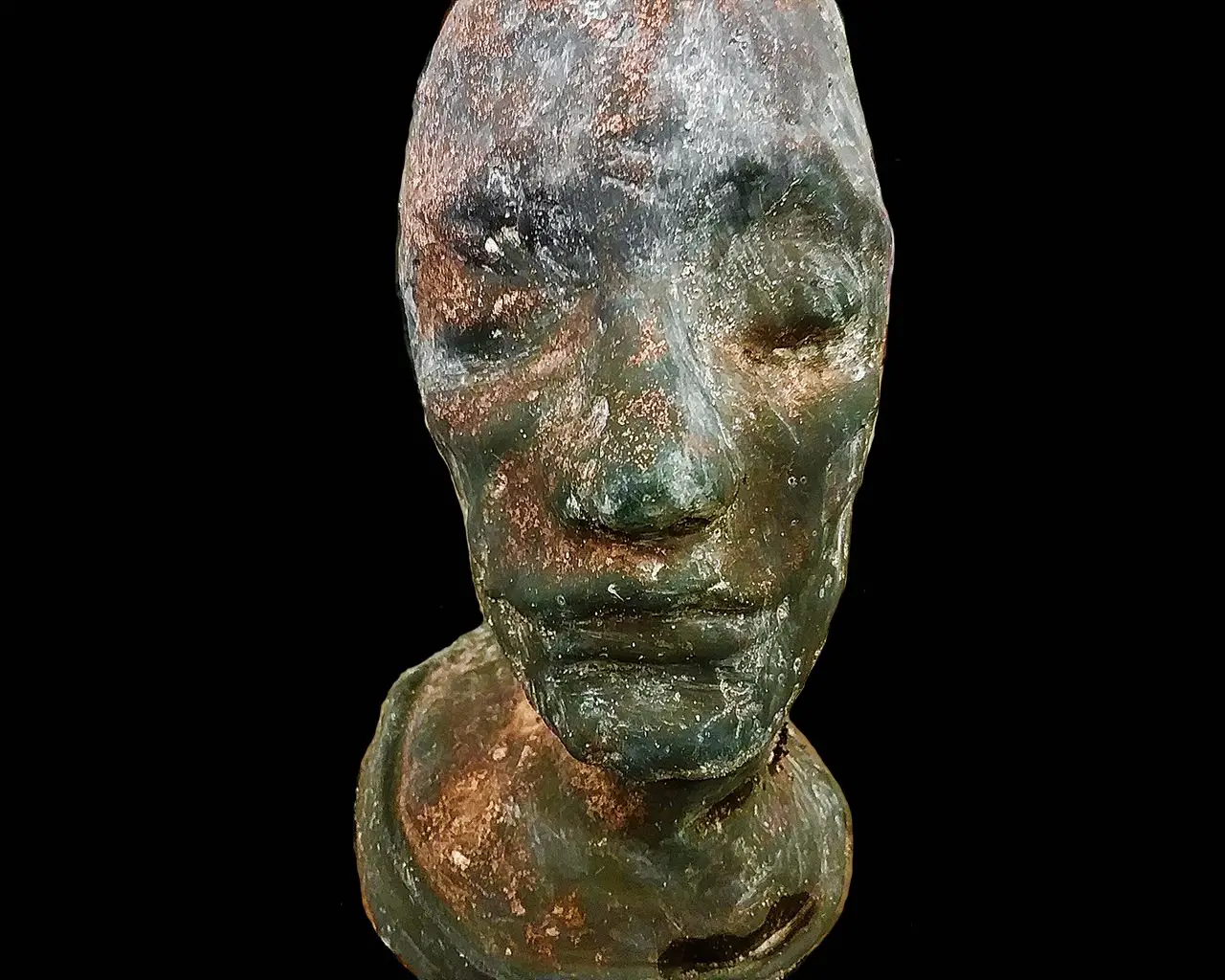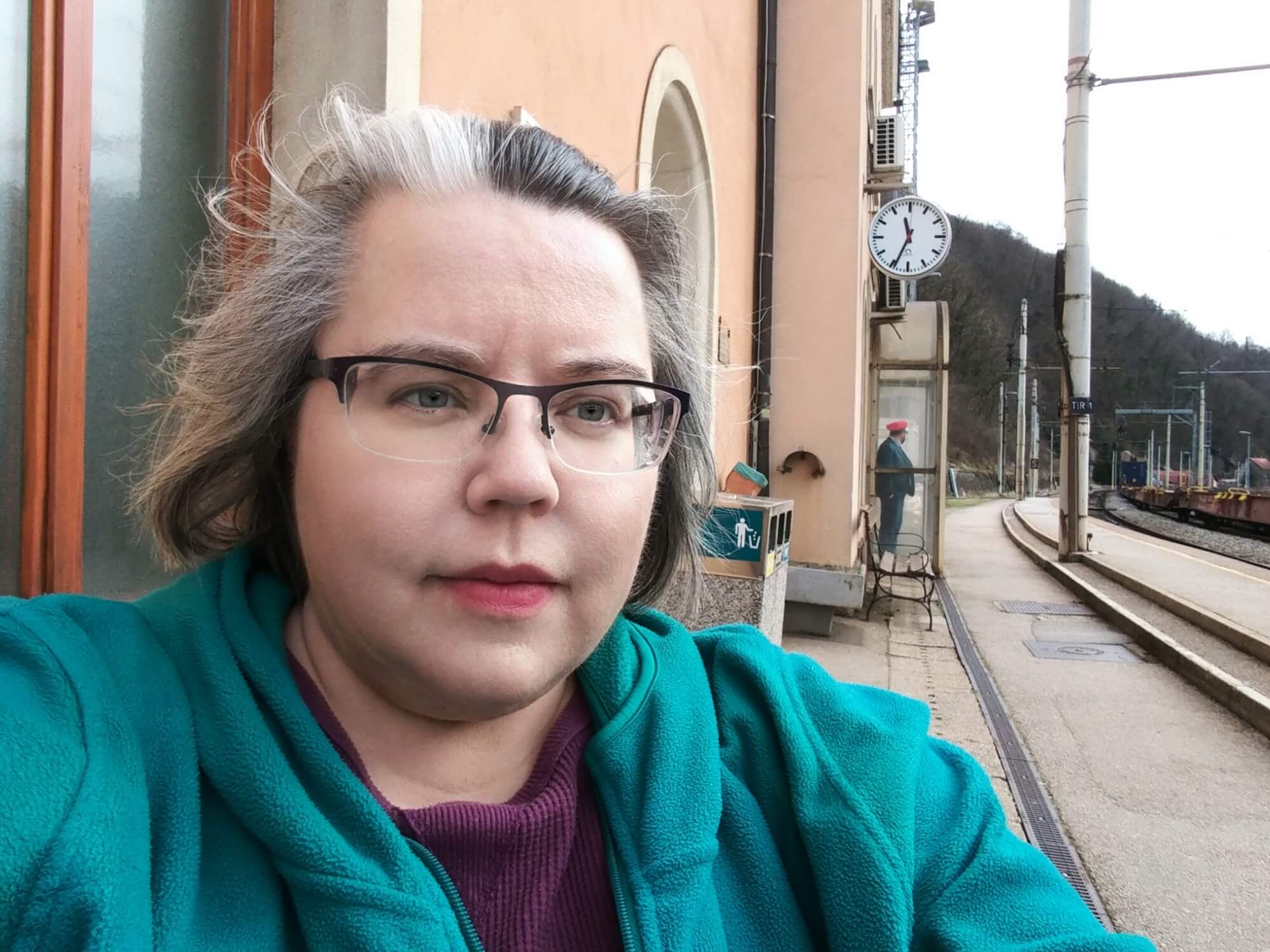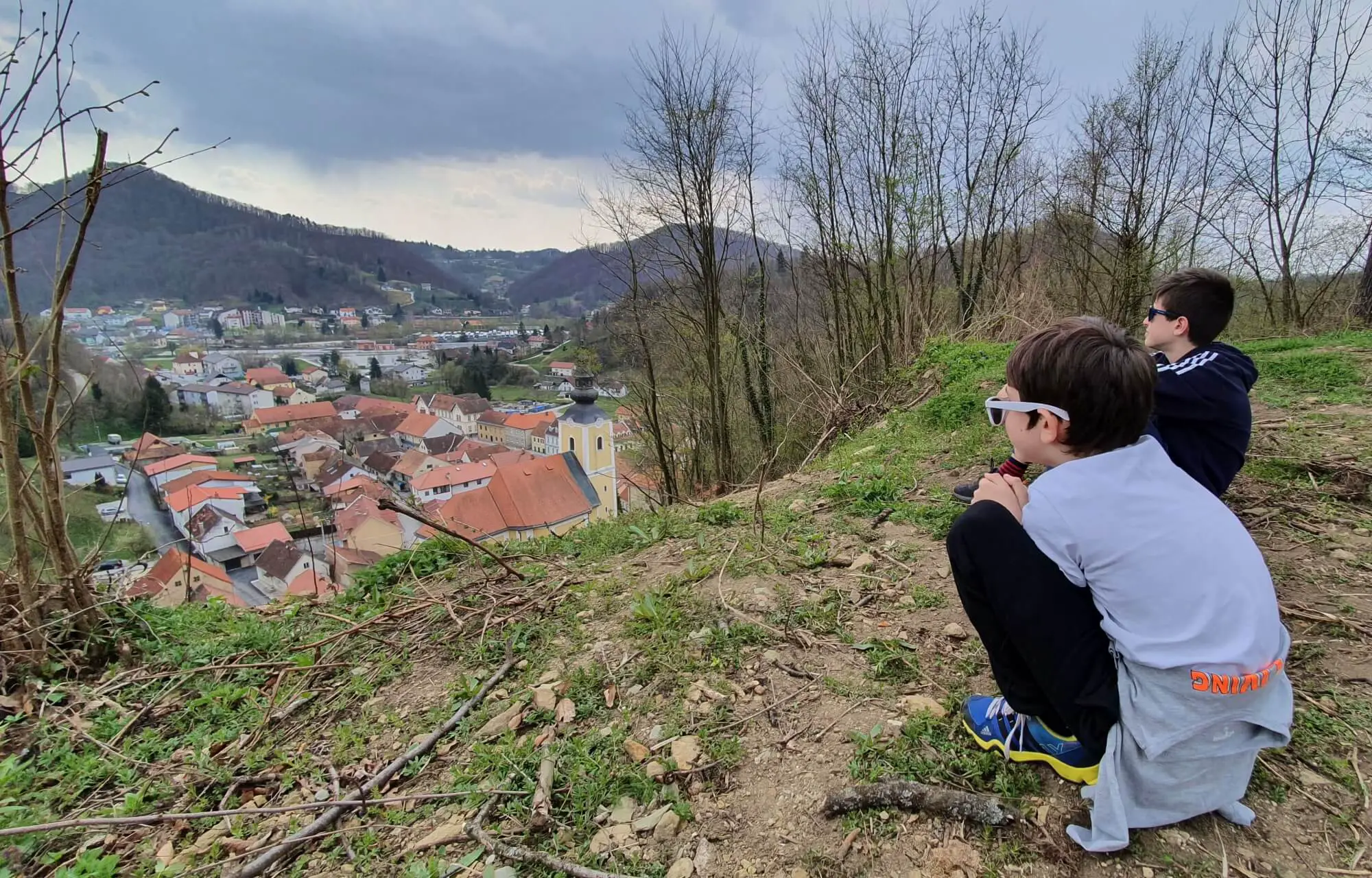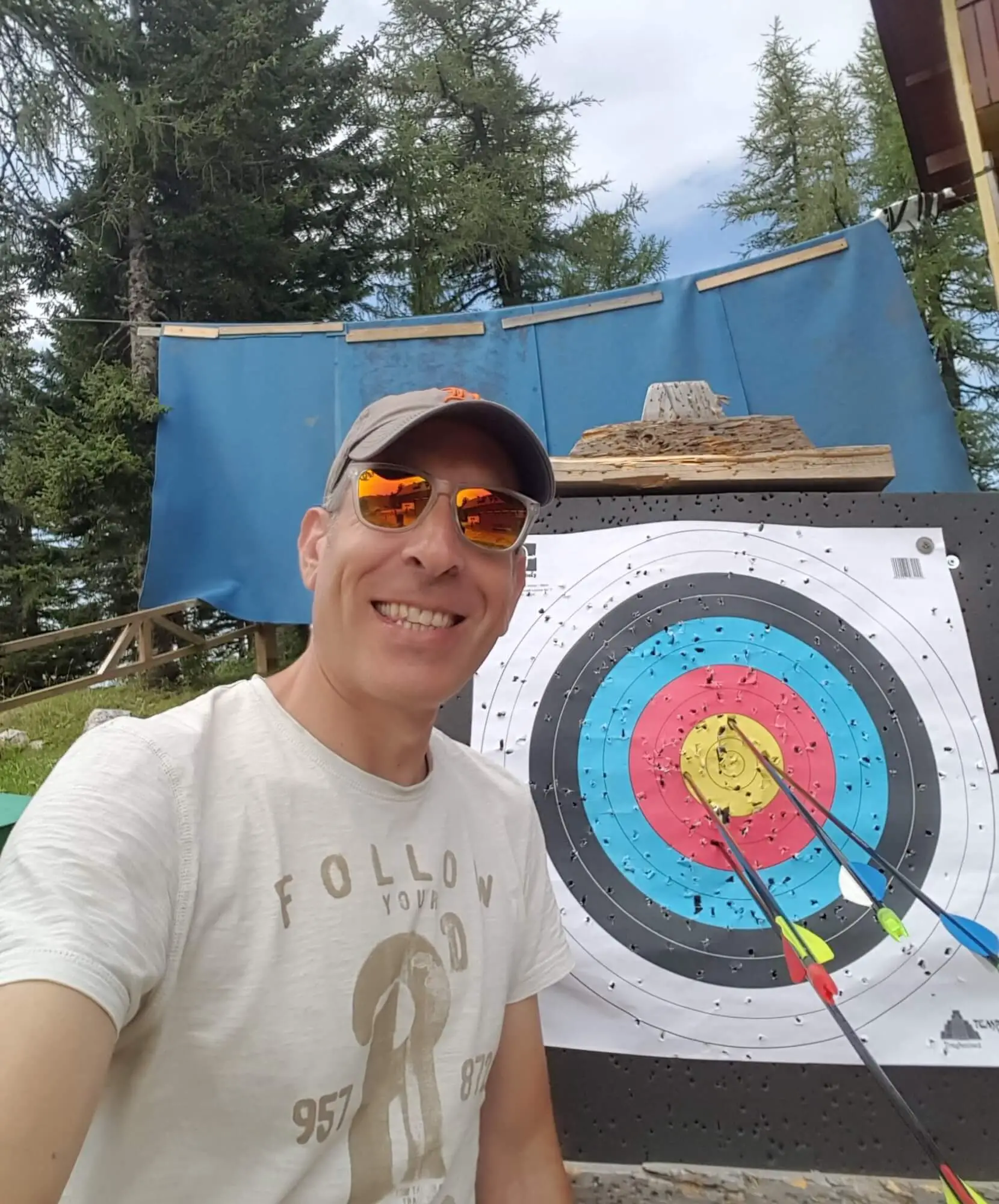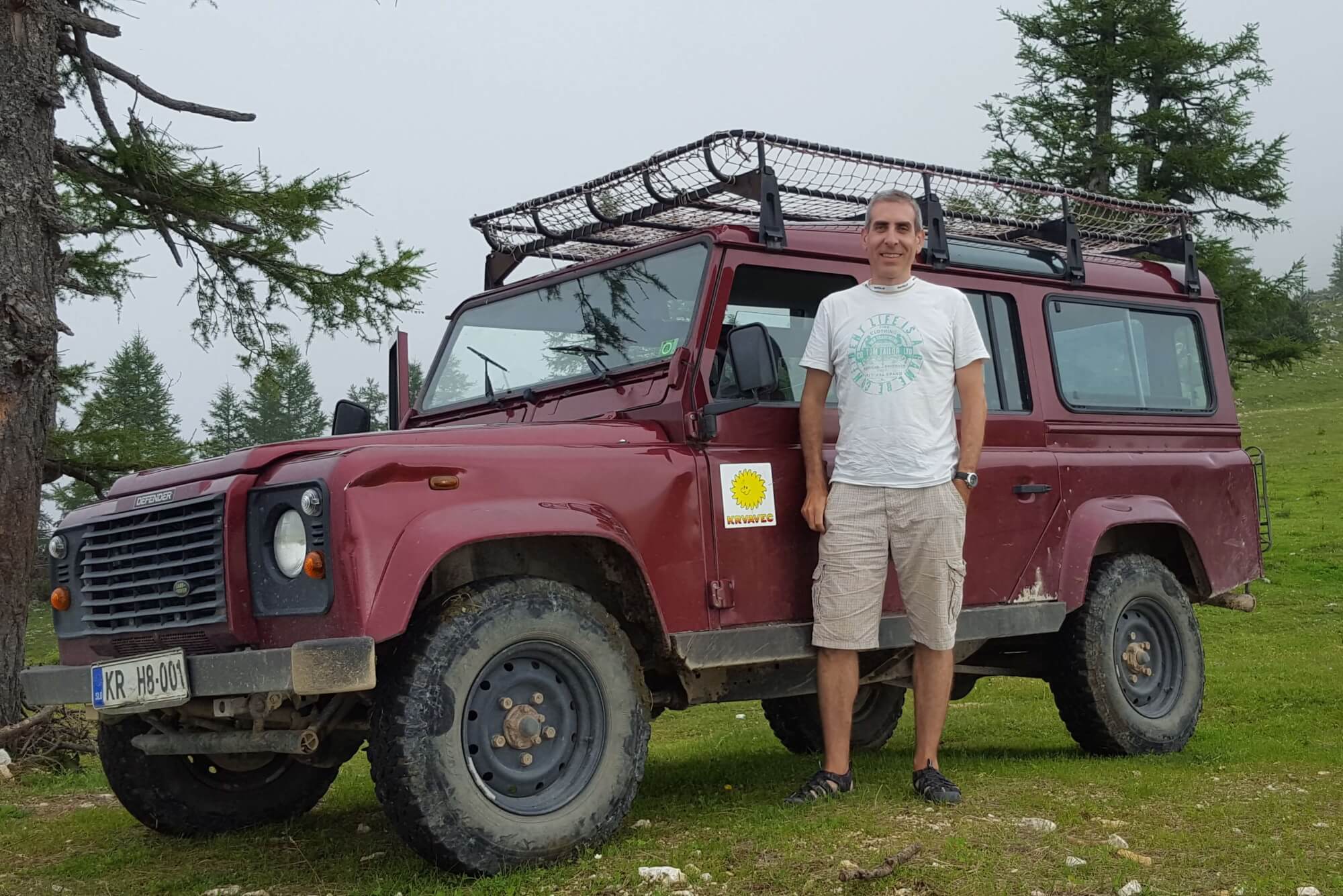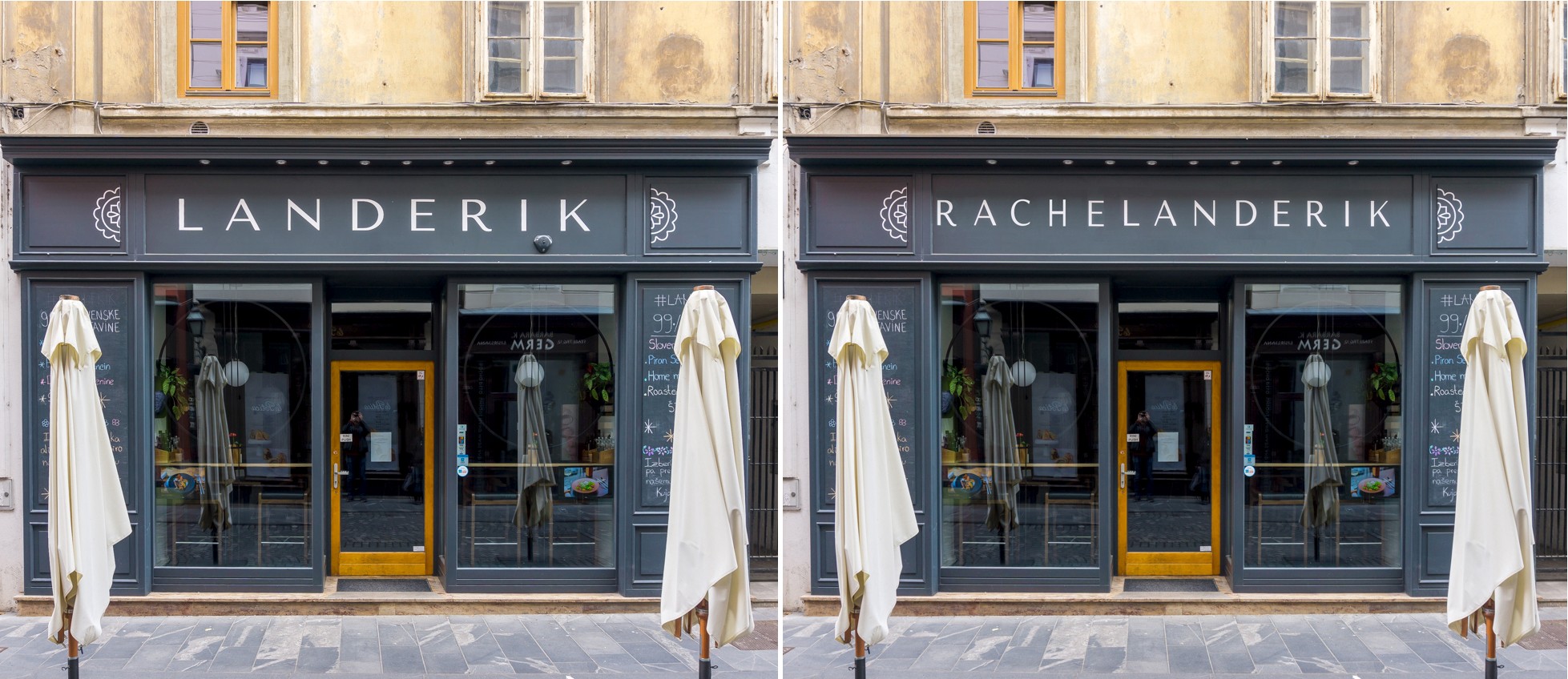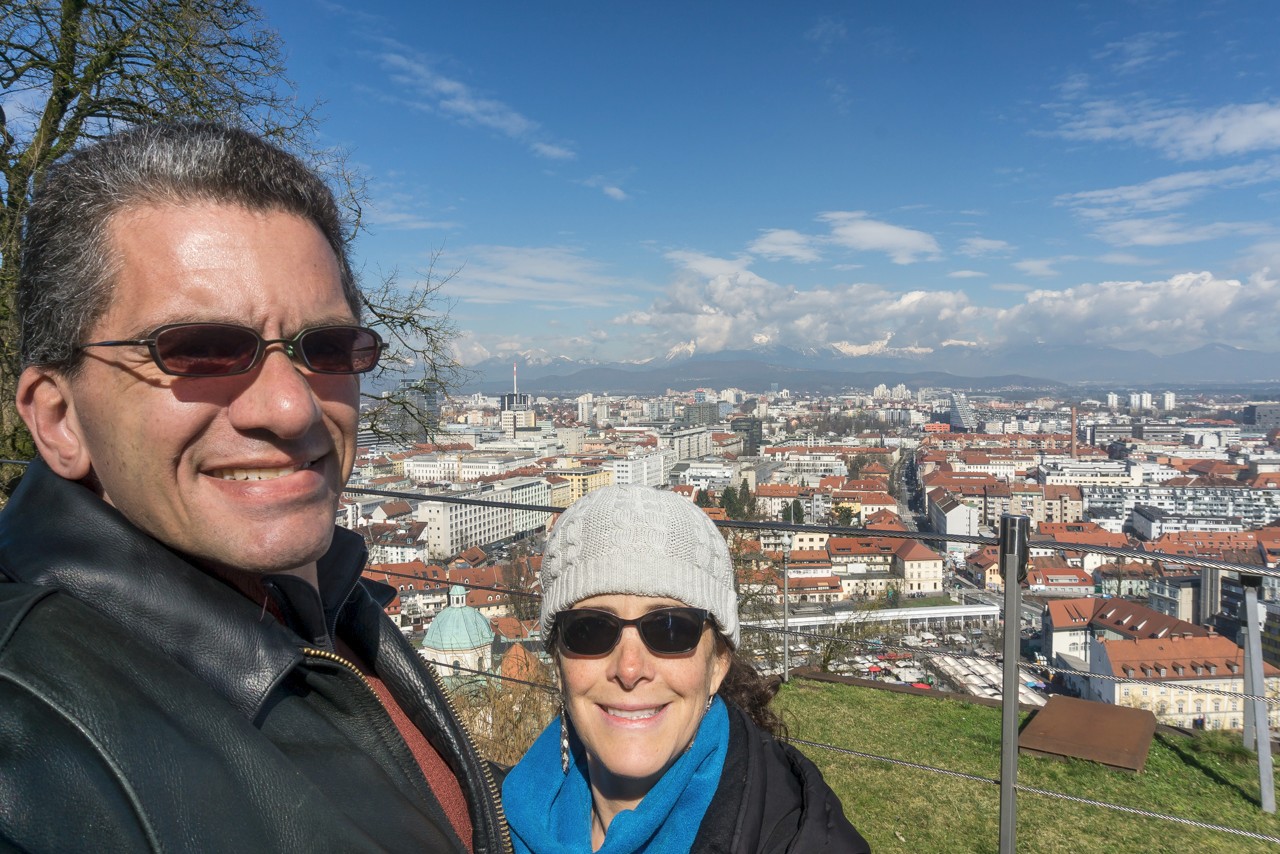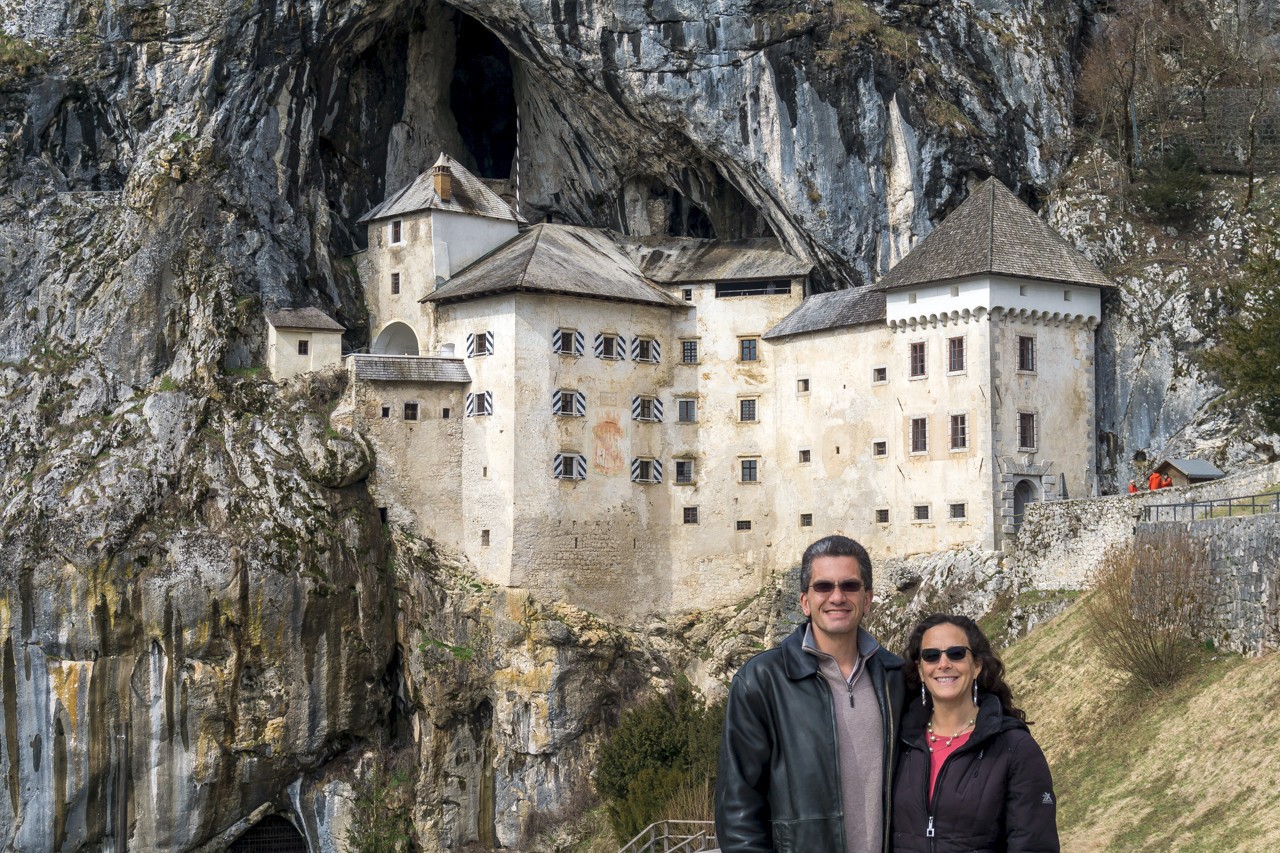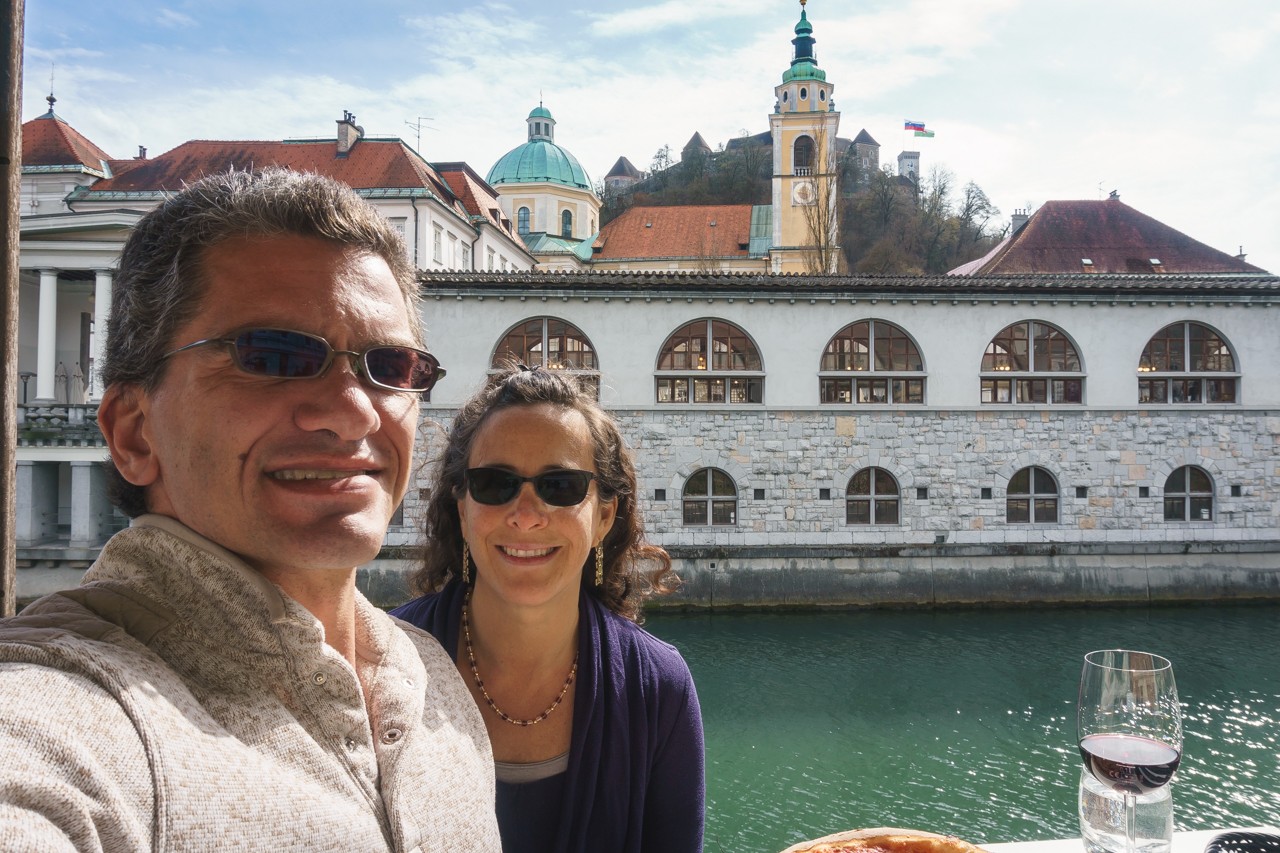STA, 8 April 2020 - The coronavirus crisis has raised fears about a spike in domestic violence, which has been detected in many countries during the pandemic. The latest data from Slovenian police do not show a significant increase in such cases since lockdown was put in place, but activists as well as authorities warn that could be misleading.
Mounting evidence shows that the Covid-19 pandemic has been fuelling domestic abuse across the world in the wake of lockdown restrictions and heightened stress, exacerbating cases where such incidents were already common before and prompting new instances of violence against women and children in particular.
The current situation may hence cause a spike in domestic violence in Slovenia as well, an issue that may be considered a pandemic in itself due to its systemic and widespread nature, according to experts.
One in three women worldwide experience physical or sexual violence, mostly from their intimate partner, show the World Health Organization's (WHO) global estimates. "This makes it the most widespread, but among the least reported human rights abuses," the organisation has said.
Concerns have been raised by activists that measures put in place to contain the spread of the virus are leaving victims of domestic violence essentially trapped at home with abusive partners. Perpetrators of domestic violence are likely to strike more during times of crisis, said the WHO, with lockdowns cutting off escape routes and making it easier for the abusers to isolate and exert control over their victims.
Such extreme situations may also lead to never-before-seen outbursts of domestic violence, with families and couples being isolated in a time of worries and fears amid the epidemic. Emotions running high, tensions can escalate quickly.
More time would have to pass for experts to gauge the actual impact of the crisis, however domestic violence hotlines and NGOs have already detected that things have taken a turn for the worse.
The Association for Non-violent Communication has reported an increase in helpline calls since the start of the epidemic, pointing out that most of those calls are coming from abuse victims who have already sought help with the NGO before.
Numerous callers report that they are experiencing issues concerning special care arrangements in shared child custody cases.
There have been women calling in for the first time, but not as many as the association would expect during such a time. This relatively low number is a cause for concern, the NGO has said, highlighting that coexisting at close quarters often leads to a spike in conflicts, but it also makes it harder for the victims to make an emergency phone call.
"In times when there is more cohabitation, the victim is left with rare or zero moments when they could call," Tjaša Hrovat, a counsellor at the NGO, told the STA.
Some victims have confided in her that they cannot dare or even imagine to plan ahead for a safer life during such precarious and anxious times.
In 2018, Hrovat told the STA that one in four to five women in Slovenia had suffered domestic violence, a much higher figure than one would have expected.
Meanwhile, the SOS Phone for Women and Children Association is hearing from an increased number of neighbours or closed ones who are trying to help because they have noticed "something was not right". The victims would even send their neighbours a text calling for help and the latter would then seek support at relevant helplines.
Epidemic-related distress must not justify violence against loved ones, Maja Plaz of the SOS helpline highlighted for the STA, urging neighbours and relatives to be extra vigilant and report any possible cases of domestic abuse.
She also warned about violence against children and the disabled, who may also more than ever experience rapid escalations of violence due to extreme circumstances.
The police have called on persons facing abuse at home to report such incidents, regardless of the lockdown, and called for a zero-tolerance policy regarding violence.
In the first three months of 2020, the police recorded a nearly 25% surge in domestic violence reports - an increase from 333 cases in the same period last year to 415 offences against partners, family members and children; the growth rate slowed down during the last two weeks in March after anti-coronavirus restrictions were introduced.
This could imply that domestic violence has not been swelling, but the police have warned that based on their experience, it could well be that the circumstances themselves are thwarting reporting of such emergencies, with victims being less able to phone and report or even to contact a friend or relative.
Whereas domestic abuse services are mainly providing support online and via telephone, safe houses have been faced with the dire need to keep operating as they did before the crisis amid ramped up health and safety concerns.
A domestic abuse shelter for women drug users is keeping its doors open during the epidemic, with almost all of its available spots occupied.
Being a survivor or victim of any kind of abuse may correlate with using illicit drugs, Neva Faninger, a social worker working at the safe house has said, adding that women who seek help at the shelter are often stranded in a state of semi-homelessness, which only further marginalises them, particularly during the lockdown.
Since the start of the coronavirus crisis, the shelter has also seen the situation aggravated by tensions running high and such women finding it even harder to get help due to movement restrictions and the stigma revolving around addiction.
Due to the safe house's high hygienic standards and rules required in such an environment to reduce the impact of drug use, there has been little need to additionally ramp up disinfection efforts during the epidemic, added Faninger, finding a silver lining in the situation.
The shelter, a safe space for women caught in a vicious circle of drug use and violence, is the only such facility in Slovenia and one of the few in general that does not expect its residents to be completely drug-free upon entering it, said Faninger.
Instead it aims to help them without judging and mitigate damage caused by drugs gradually - a policy that got some recognition in March when Sabina Zorec, the initiative's manager, received a Women on Women award for feminist heroines.


